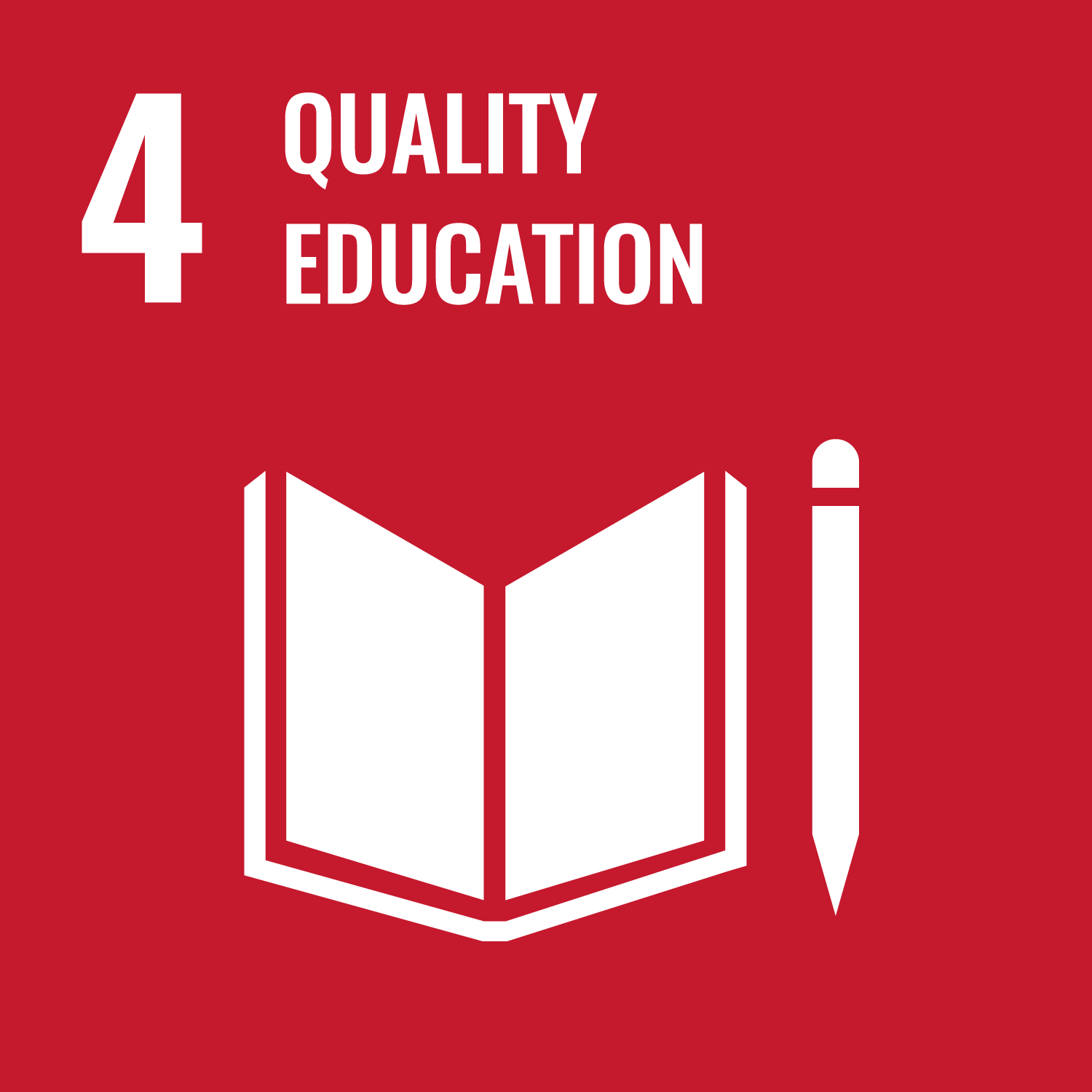ORCID
- John K. Chilton: 0000-0001-9436-1357
- Sally Hanks: 0000-0002-4072-4594
- Helen R. Watson: 0000-0003-2946-0441
Abstract
INTRODUCTION: The COVID-19 pandemic necessitated emergency changes to teaching, learning and assessment across higher education. Healthcare courses were particularly affected because of their interdependence with overstretched health services. We used this unprecedented situation to provide insight into how students react to unexpected crises and how institutions can most effectively support them. MATERIALS AND METHODS: This cohort study explored students' experiences of the pandemic across programmes and stages from five schools (medicine, dentistry, biomedical sciences, psychology and health professions) in a health faculty in a UK university. We carried out an inductive thematic analysis on the data collected. RESULTS: Many students reported fluctuating emotions and struggled to adapt to home working. Students' changes in motivation and coping strategies varied, many found structure, recreation and social interaction important. Opinions on how well online learning worked relative to face-to-face diverged across programmes. CONCLUSION: A one-size-fits-all blended learning response is unlikely to be appropriate. Our study shows students across one faculty, within one institution, responded diversely to an emergency affecting them all. Educators need to be flexible and dynamic in delivering curricula and supporting students responding to an unexpected crisis during their higher education.
DOI Link
Publication Date
2023-06-28
Publication Title
European Journal of Dental Education
ISSN
1396-5883
Acceptance Date
2023-06-10
Deposit Date
2023-09-08
Embargo Period
2023-08-10
Recommended Citation
Chilton, J., Hanks, S., & Watson, H. (2023) 'A blended future? A cross‐sectional study demonstrating the impacts of the COVID‐19 pandemic on student experiences of well‐being, teaching and learning', European Journal of Dental Education, . Available at: 10.1111/eje.12934


